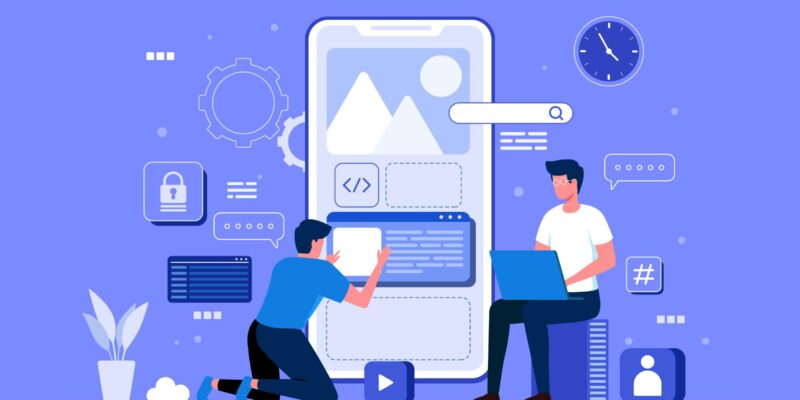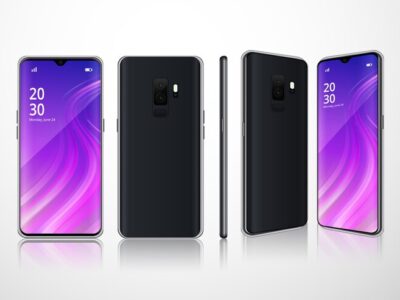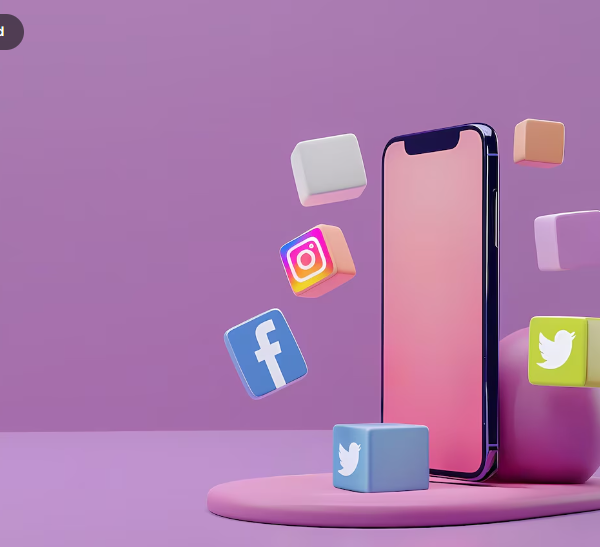
In today’s digital era, mobile applications have become integral to our lives. From shopping and banking to entertainment and socializing, mobile apps serve various purposes, making everyday tasks more convenient. For businesses, this means reaching a wider audience, increasing engagement, and driving growth. If you’re considering developing a mobile app for your business, partnering with a professional mobile application development company is a strategic move. This blog explores the benefits of mobile app development, the process of hiring mobile developers, and answers some frequently asked questions.
Why Mobile Application Development is Essential for Your Business
1. Enhanced Customer Engagement
Mobile apps provide a direct channel for engaging with your customers. With features like push notifications, in-app messaging, and personalized content, you can keep users informed and engaged, leading to increased customer loyalty.
2. Increased Accessibility
A mobile app makes your business accessible to customers anytime, anywhere. This convenience can lead to higher customer satisfaction and more frequent interactions, boosting your sales and revenue.
3. Brand Building
A well-designed mobile app enhances your brand’s visibility and credibility. It serves as a constant reminder of your business on your customers’ devices, helping to build brand recognition and trust.
4. Data Collection and Analysis
Mobile apps allow you to collect valuable data on user behavior, preferences, and feedback. This data can be analyzed to make informed decisions, improve your offerings, and tailor marketing strategies to better meet customer needs.
5. Competitive Advantage
Having a mobile app can set you apart from your competitors who may not yet have embraced this technology. It shows that your business is modern, innovative, and customer-centric.
The Process of Hiring Mobile Developers
Hiring the right mobile developers is crucial to the success of your app. Here’s a step-by-step guide to help you navigate this process:
1. Define Your Requirements
Before you start the hiring process, clearly define your project requirements. Determine the type of app you want to develop (iOS, Android, or both), the features you need, your budget, and your timeline.
2. Research and Shortlist Candidates
Conduct thorough research to find potential developers or development companies. Look for candidates with a strong portfolio, positive reviews, and relevant experience in your industry. Shortlist those who meet your criteria.
3. Evaluate Technical Skills
Assess the technical skills of the developers. Ensure they are proficient in the programming languages and frameworks required for your app (e.g., Swift for iOS, Kotlin for Android, React Native for cross-platform development).
4. Review Portfolios and Case Studies
Examine the portfolios and case studies of the shortlisted candidates. Look for projects similar to yours and evaluate the quality of their work, user interface design, and functionality.
5. Conduct Interviews
Interview the candidates to gauge their communication skills, problem-solving abilities, and cultural fit. Ask about their development process, project management approach, and how they handle challenges.
6. Check References
Contact the references provided by the developers to get insights into their work ethic, reliability, and performance. This step helps you validate their claims and ensure they have a track record of delivering successful projects.
7. Discuss Terms and Conditions
Once you have selected a developer, discuss the terms and conditions, including project scope, timeline, payment terms, and confidentiality agreements. Ensure everything is documented in a formal contract.
8. Kickstart the Project
With the contract in place, kickstart the project by providing the necessary resources and information to the developer. Maintain regular communication to monitor progress and address any issues promptly.
FAQs about Mobile Application Development
1. How long does it take to develop a mobile app?
The development timeline varies depending on the complexity of the app, the number of features, and the platforms (iOS, Android, or both). On average, a simple app can take 3-6 months to develop, while more complex apps can take 6-12 months or longer.
2. How much does it cost to develop a mobile app?
The cost of developing a mobile app depends on various factors, including the app’s complexity, features, design, and the developer’s rates. A basic app can cost between $10,000 and $50,000, while more complex apps can range from $50,000 to $200,000 or more.
3. Should I develop for iOS, Android, or both?
The choice depends on your target audience and budget. iOS users tend to spend more on apps, but Android has a larger global market share. Developing for both platforms ensures maximum reach but requires a higher budget.
4. What is the difference between native and cross-platform app development?
Native app development involves building separate apps for iOS and Android using their respective programming languages (Swift/Objective-C for iOS, Kotlin/Java for Android). Cross-platform development uses a single codebase to create apps for both platforms, typically with frameworks like React Native or Flutter. Native apps offer better performance and integration with device features, while cross-platform development can be more cost-effective and faster.
5. How do I monetize my mobile app?
There are several ways to monetize your mobile app, including in-app purchases, subscription models, advertising, and offering a paid version of the app. The best strategy depends on your app’s nature and target audience.
6. How do I ensure my app is secure?
App security is crucial to protect user data and maintain trust. Implement best practices such as data encryption, secure authentication, regular security testing, and compliance with data protection regulations.
7. What happens after the app is launched?
After launching your app, ongoing maintenance and updates are essential to fix bugs, add new features, and ensure compatibility with new OS versions. Regularly monitor user feedback and analytics to improve the app’s performance and user experience.
Conclusion
Partnering with a professional mobile application development company like Mobibiz can transform your business by leveraging the power of mobile technology. From enhanced customer engagement and increased accessibility to brand building and data insights, the benefits are substantial. By following a structured process to hire the right mobile developers and addressing common questions, you can ensure the successful development and launch of your mobile app.










